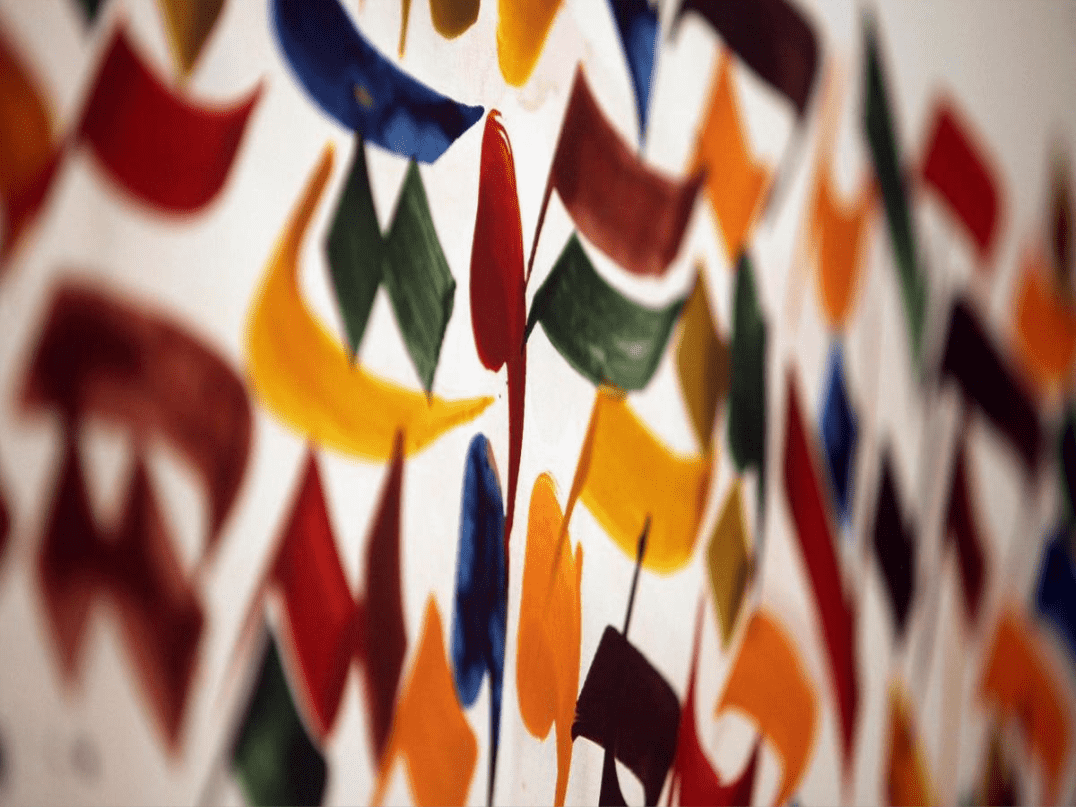The Ululation in Arab Culture


It’s that time of the year again when wedding bells start ringing out all round the world. Well, that is, unless you live in the Arab world. There it’s that time of year when the zaghrootah (زغروتة) start trilling out throughout the region ululation.
“So, what is the zaghrootah?” you might ask. It’s a kind of a long, wavering, shrill of joy created by making a high-pitched, loud voice. All this while rapidly moving the tongue from side-to-side. If you’ve ever been invited to an Arabic wedding, then you’ve surely heard it trilling throughout the ceremony. You may have heard it in the music played at the wedding too. Sometimes it is included in the background of some Arab music tracks.
The ululation is usually performed by women of the Arab world at weddings, parties, celebrations to express their extreme happiness. In some Arab cultures, you might hear it at funerals. It’s has been around the region for years, dating back to the pre-Islamic era. It was once used in idol worship when women asked the gods for mercy relief, rain and the like. Along with drumbeats, they even used it on the battlefield to motivate soldiers who were fighting.
These days, the ululation is likely to be heard everywhere and for many different occasions, like ululation:
Weddings are a very special time for the bride and groom. Maybe even a bit more special to the ladies competing to see who can ululate the loudest and longest. Oftentimes, it is even performed at the meeting of the intended married couple when their families agree on the marriage.
The pilgrimage to Hajj is another big event in the Arab culture. When pilgrims arrive back home they can expect to find their houses decorated with colored lights, banners and palm tree leaves, and of course, women lined up performing the ululations to celebrate the pilgrims’ safe arrival after completing the Hajj.
Families are very important, so besides weddings, there’s nothing celebrated more than the birth of a baby with the performing the zaghrootah to express their extreme happiness and excitement.
Times of joy aren’t the only times that the zaghrootah is performed. In some areas, it is also performed at funerals, especially if the deceased is an unmarried man. In this case, ululations are performed to express extreme grief and sorrow, as well as to honor the dearly departed.
Ululations are heard throughout the neighborhoods of Arabic speaking countries, especially in the summer when more weddings and engagements take place. Next time you hear it, don’t forget to stop by your neighbors and congratulate them or offer your sympathies, whatever the case may be. It’s also a great opportunity to practice your Arabic language skills.
And speaking of your Arabic language skills, if you would like to know more about the Arabic language or Arab culture, drop us a line at kaleela.com. Helping you always gives us reason to celebrate.
If you liked this article and would like to start learning Arabic, why not head over to our website and download the Kaleela Arabic learning app and learn to speak Arabic today? With the Kaleela Arabic learning app you can start learning Arabic on your own, at your own pace, whenever and wherever you want. It really is the best way to learn Arabic! Try it now and find out why.